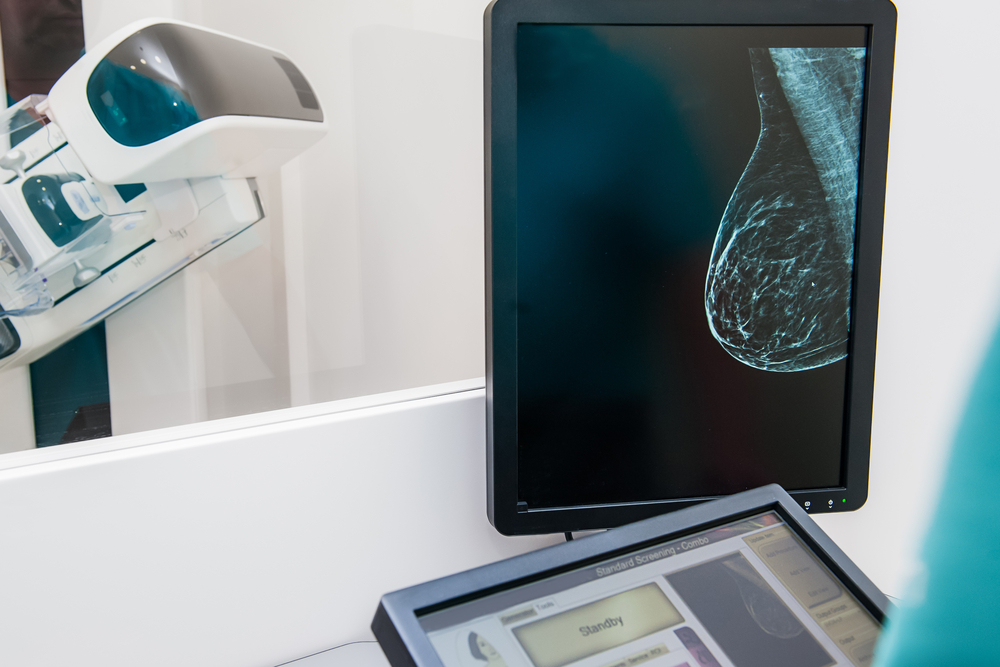
Breast Cancer: Causes, Symptoms, and Treatment
What is Breast Cancer?
Breast cancer is an ailment that stems from the tissues of your breast. When the cells present inside the tissues start to grow in an uncontrollable way it makes up a tumour. This tumour later turns into cancer. Parallel to cancer in other body parts, this tumour also tends to interfere with other tissues of the affected area, in this case, the breast.
In the later stages of this disease, the tumour may also travel to other parts of the body constantly making other dangerous growths. This process is called metastasis.
Breast cancer is most likely to affect women when compared to men. There is only a one per cent chance of men developing hazardous tissue in their breast area. Typically, women over the age of fifty are more prone to this disease; however, it can come about at any age.
Symptoms of Breast Cancer
Every affected person may feel different indications of early-stage breast cancer. In spite of this, there are some main symptoms that can be looked at to identify the disease.
- Any sort of lump in the breast irrespective of size and shape.
- Different-looking skin around the breasts or the nipples. They may appear as scaly, dimpled, and swollen.
- Sudden change in the size and shape of either of the breasts.
- Self-Discharge through the nipples that may come out as blood or clear fluid more than one episode.
- A lump in either area near the breast or under the arm that preserves during the menstrual cycle.
- Redness on your breasts or nipples.
- A structure that may feel like a stone under the skin of the breast.
- An area that looks divergently out of the ordinary from any other portion on either breast.
What Causes Breast Cancer?
It is believed that when abnormal cells in the breast split and multiply it turns into cancer. However, it is still not a known fact what causes the cells to divide and proliferate abnormally. There are a few factor grounds that can be blamed for the same.
- Age and sex are one of the biggest factors for the origination of this disease. Women over the age of fifty to fifty-five are the most affected.
- Family genetics also play a role in determining whether the person will be suffering from breast cancer or not. However, the chances are about five to ten per cent of the abnormal genes pass through to the other generation.
- Smoking, alcohol, and any other abuse.
- Patients who have had prior radiation therapy are also likely to develop this disease.
Stages of Breast Cancer
Knowing the stage of the disease is extremely important to find out how much cancer is spread and to determine what kind of breast cancer treatment should be preferred.
- The first stage is 0. This is considered early-stage breast cancer. Under this level, the tissue has not come out of the ducts.
- The second stage is 1. This stage specifies that cancer has further expanded into other tissues. This still falls under the early-stage breast cancer category.
- Next comes stage 2. This means that either cancer has transferred to the underarms and is less than two centimetres or is more than five centimetres but has not enlarged.
- Stage 3 is considered a locally advanced stage and means that it has spread to the nearby tissues.
- Stage 4 specifies that cancer has further spread out to other organs of the body as the liver, lungs, and even the brain.
Breast Cancer Treatment
There are a few treatment options available.
- (Chemotherapy therapy is another course of action that is done before or after the surgical procedure to prevent cancer from returning to make it operable. It can also be used to treat the cancerous tissue before the surgery to reduce the size of the tumour.
- Breast cancer surgery is the most opted treatment method for this disease, dependency on stage. Under this procedure, the cancerous tissue along with a normal tissue next to the affected one is removed from the breast. Breast conserving surgery is one of the another options which prevents the removal of the entire breast.
- Radiation therapy for breast cancer is another treatment method that is typically given after the surgery has been done. Radiation helps in killing the remaining deadly cells which may turn cancerous again.
- Hormone therapy dependency on immunohistochemistry.
- Drug treatment can also be given in some cases to target specific cells from turning cancerous.
Summary
Breast cancer can be scary and difficult to deal with but if identified at the first stage it can be treated. Always make sure to keep checking your breasts every six months to prevent any unfortunate disease.





